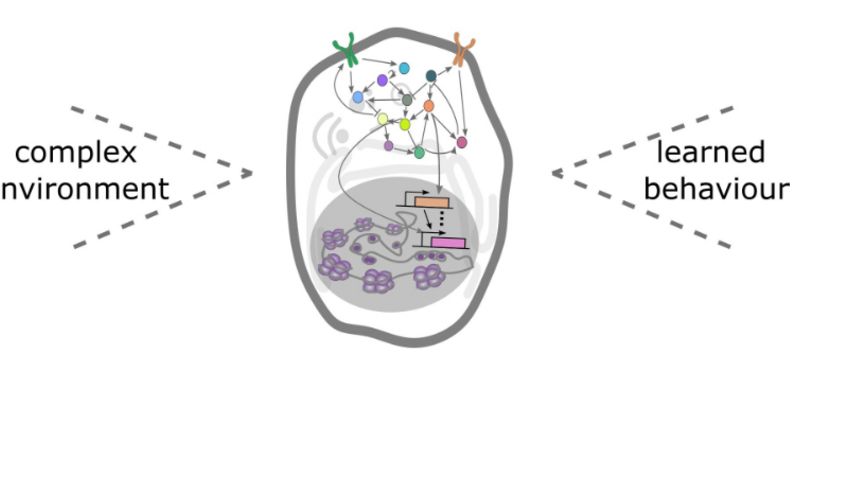Overall Research Interest:
The nervous system, like the immune system, needs to generate extraordinary diversity and specificity in molecular recognition. It has been estimated that some 1012 neurons are interconnected by up to 1015 synapses in the human brain. Surprisingly, the human genome contains fewer than 30,000 genes. How is the relative small amount of genetic information utilized to specify such a complex wiring diagram ? Finding answers to this challenging question is one of our central goals.We focus our research on dissecting the developmental mechanisms that control the formation of specific neuronal circuits. We are using genetic, cell biological and biochemical methods to better understand how the molecular recognition of synaptic targets is achieved and what controls the specificity of selective synapse formation. In molecular terms we are focusing on the recognition specificity and signal transduction of membrane receptors, compartmentalized signaling in developmental synapse formation, morphogenetic control in shaping complex neuronal shapes.
Broadly speaking our interest covers the areas of neural development, genetics, physiology, cell signaling, protein biochemistry, gene regulation and molecular evolution.
Research of the Schmucker Lab is intended to better understand the two following key processes in neuroscience:











